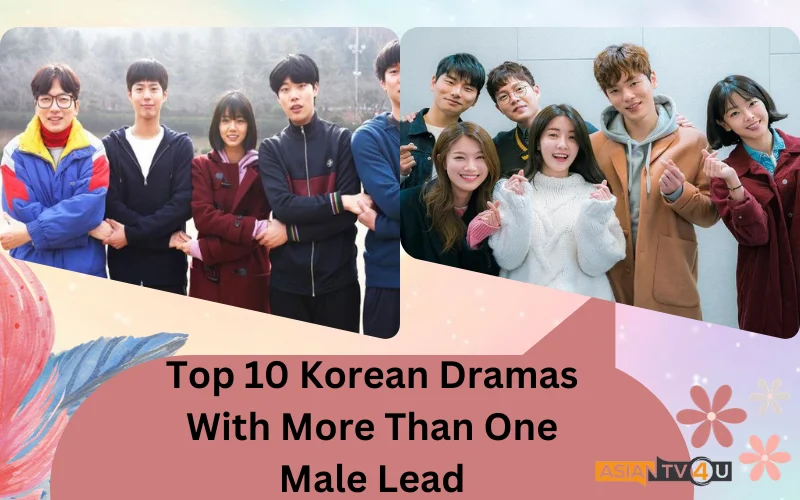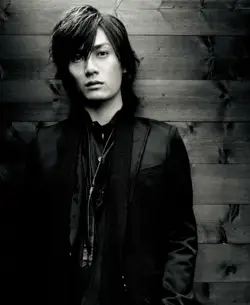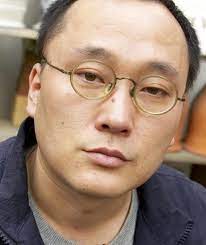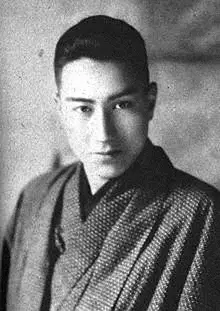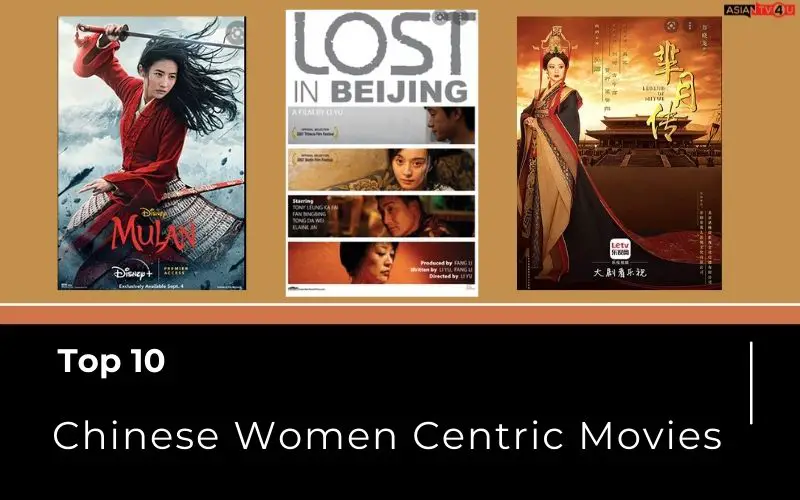
International Women's Day can come in March. Still, you can celebrate the whole year by asking for that promotion, donating to organizations like Planned Parenthood or # TimesUp, and celebrating the creative work of other women. So once you are done with devouring women's books, hilarious posters made by women, women, and appreciating the art (guess it!) Women, we might suggest what it takes a look at? If you are in the mood for some on-screen femininity, here are 10 of our favorite Chinese films that put women first.
1. Mulan (2020)
This movie is a version of Disney's version of ancient Chinese mythology. Fa Mulan is a strong and muscular young woman who can fit into the role of a beautiful and obedient wife who is emphasized to her by the social norms of chauvinism. When the Huns cross the Great Wall to invade China and men are gathered from houses all over China, Mulan sneaks like a man (with a helpful cricket dragon and a comedy dragon, Mushu) to join the Chinese army in place of his wounded father. The rag-tag team of recruits was quickly organized and bravely led into battle against the Huns by Captain Shang. In the ensuing struggle, Mulan fought for the security of his country and the dignity of his family and proved that one man (in this case, a girlie) could make a difference.

2. Lost In Beijing (2017)
An-Kun (Tong Da Wei) and his wife Ping-Guo (Fan Bingbing) live in a small apartment in Beijing. Kun earns less money by washing the windows of city high-rise buildings, and Quo work as a waitress at the Golden Basin Foot Massage Palace, a thriving center owned and operated by Dong (Tony Leung Ka-Fai). Like many successful and wealthy Chinese people in business, he makes a living for himself. Wang-mei (Elaine Jin), the 16-year-old wife, knows he is unfaithful to her. Although he adhered to a minor religion in his devout Buddhist life, his daily activities centered on his only happiness. One day, Ping-Guo has too much to drink with a friend and blows on the couch in Dong's office. Quo thinks you want to have sex with her, but Quo is wrong; he resists her and rapes her. The situation is so tense that An-Kun sees what is happening outside the office window. He is very angry with his wife and decides to fire Dong. When Ping-Guo finds out she is pregnant, she wants an abortion, but An-Kun insists that she not wait. He knows that Dong desperately wants a baby and hopes to get a more significant profit.
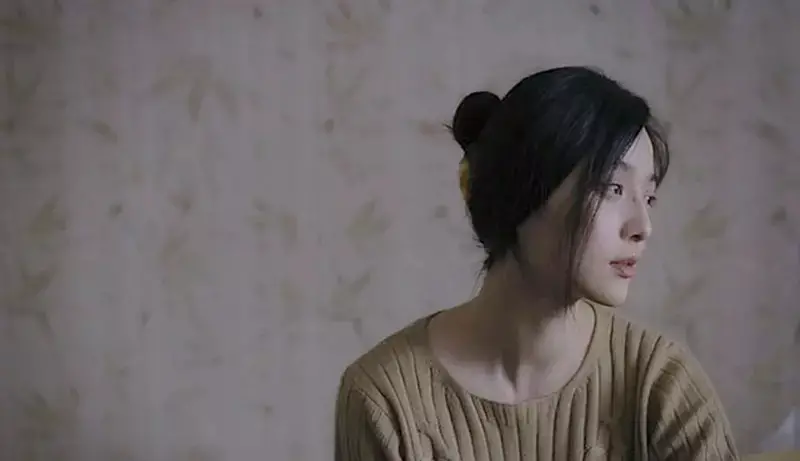
3. Legend Of Miyue (2015)
The story is about the life of Mi Yue and the endless struggles she faced as a female dictator during the War. Mi Yue (Sun Li) is the favorite princess of the Chu king, but as the Chu king goes out to battle and is unlucky, Mi Yue's mother is expelled from the palace. Mi Yue and the Chu prince, Huang Xie (Huang Xuan), are friends of the children. The two are very much in love, and to separate, Mi Yue agrees to accompany her sister, Mi Shu (Liu Tao), on her way to Qin to marry the King. Their vehicle was attacked by Di Li (Gavin Gao) soldiers. To save Mi Yue, Huang Xie crosses the valley, and his whereabouts are unknown. Depressed, Mi Yue decides to investigate who ordered the attack to escort Mi Shu to the palace. Lady Wei kidnaps Mi Yue's half-brother, Wei Ran (Zhang Jun Han), forcing Mi Yue to seek help from King Qin and become his concubine, thus embarking on her journey to become the first dowager in Chinese history.
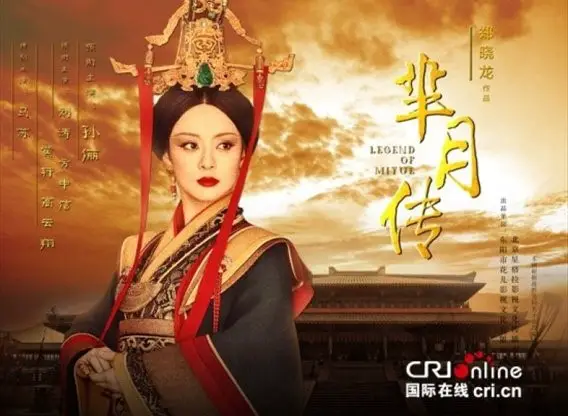
4. Raise The Red Lantern (1991)
The Chinese film "Raise the Red Lantern" (1991), like the Japanese film "Woman in the Dunes" (1960), is about sexual slavery. The protagonist enters a closed system with no escape in both films, and the old-established "traditions govern life." In this Japanese movie, a woman photographs a man spending the night at his house under a hole in the desert and discovering that someone had removed the escape ladder in the morning. In a Chinese film, a 19-year-old college student leaves school after his father's death; when his stepmother refuses to support him, he admits to being a rich man's concubine - "His fourth wife." Four concubines live in a house that is not allowed out. Strangely, how these women fully bowed to their status. The will of the King and the "traditions" of the family made each other their enemies. There may be a message for women here, but well hidden inside the outer drama of the story. Zhang Yimou begins with a deliberately determined world (based on Su Tong's novel "Women and concubines) and expands it by deepening our growing knowledge of feminism and how their status has been distorted and shaped.
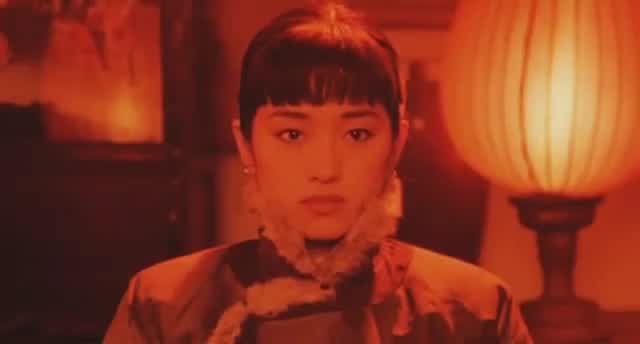
5. I Am Not Madame Bovary (2016)
A poor woman Li Xuelian (Follower) has visited her cousin —an expert in legal matters — to ask him what he can do about divorce. Her story, backed up by her, is incredibly complex, and she looks even more confused: she and her husband, trying to play a plan, filed for divorce, filled out fake divorce papers so that one of them could fit the apartment they both wanted. "I Am Not Madame Bovary" comes in about two and a half hours, the most brutal length in such a repetitive story. Li Xuelian has no life without his will. All he does is want to clear his name. He has a strange love for his young friend, who has been chasing him for years, but he has only one goal even within that. It is the goal of the thing for him.
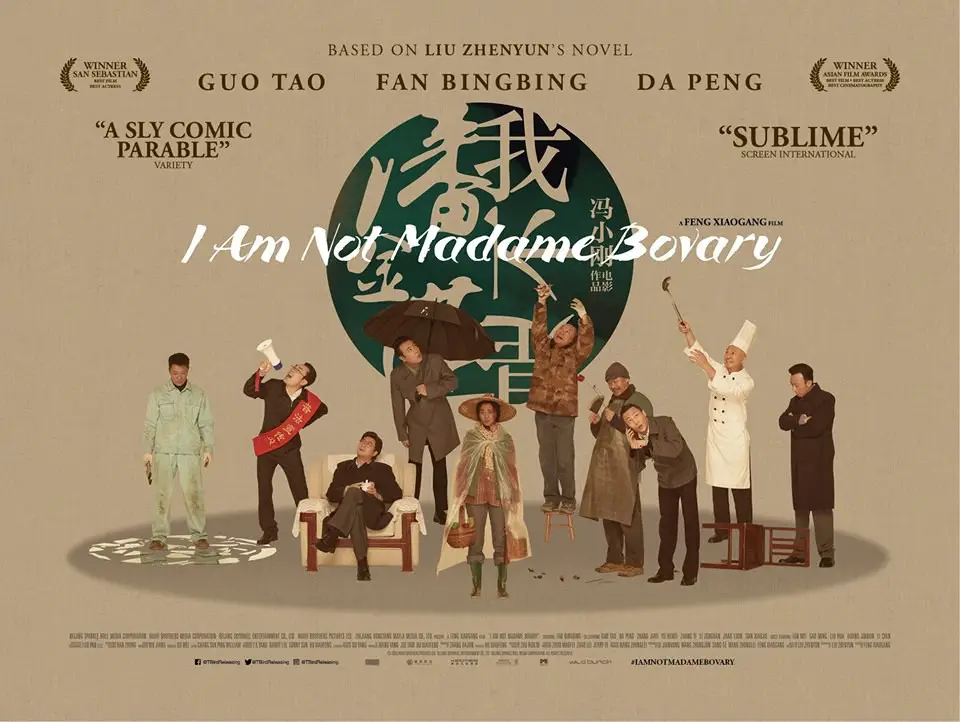
6. White Deer Plain (2017)
They live in White Deer Village in Shaanxi Province, where two essential families - Bai and Lu - and their sons live together peacefully. But the chaos is leading to a fierce struggle for land ownership. A young woman in the village soon finds herself trapped between the two camps. Director Liu Jin uses the story of the two families as a metaphor for the fate of the Chinese people as the Japanese invaders defeat the first Chinese military commanders. Then the Civil War following the fierce Second World War, and finally, the victorious Maoists waving their red flags. The drama is based on Chen Zhong Shi's novel.
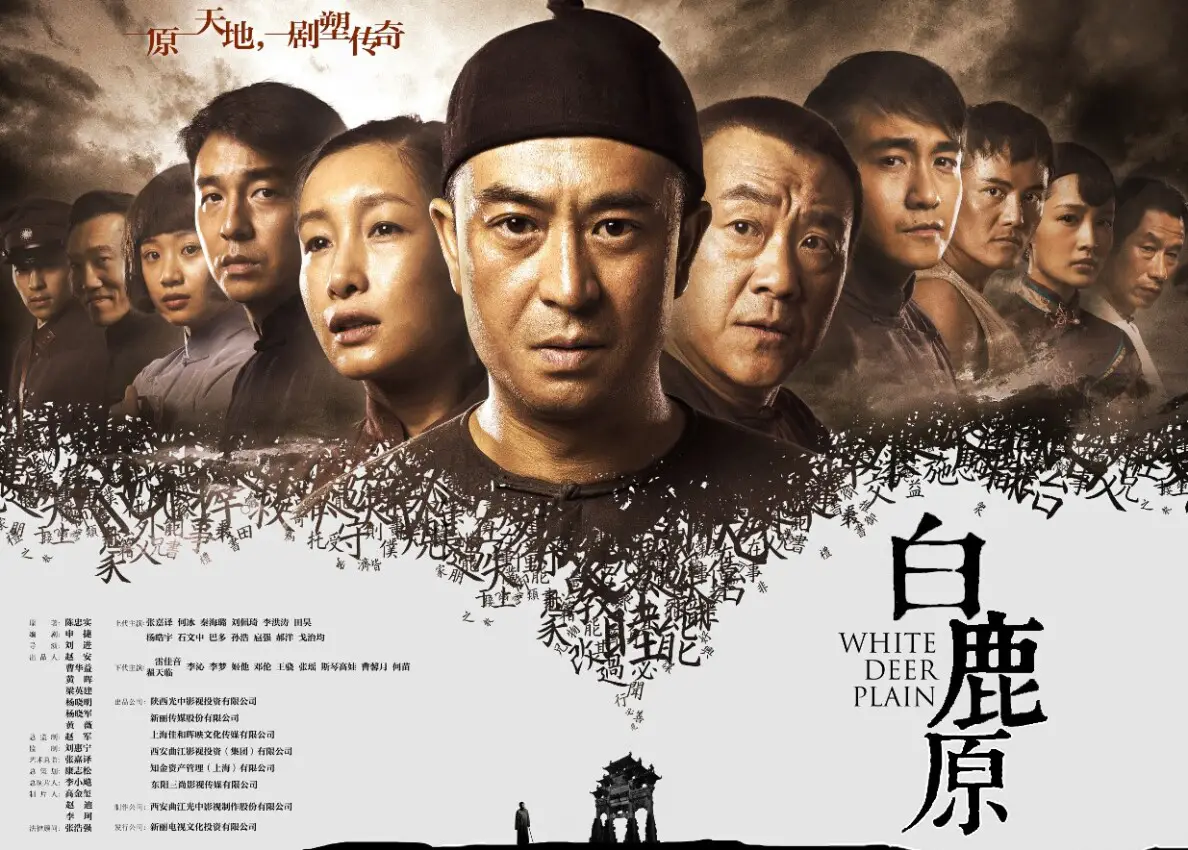
7. Xiu Xiu: The Sent Down Girl (1999)
Joan Chen's song "Xiu Xiu: The Sent Down Girl" was released in 1975 when the madness of the Cultural Revolution still claimed the lives of millions of Chinese. Anorexia nervosa was rampant in the country. Wen Xiu (his nickname) lives in the province of Chengdu, attends school, has a boyfriend, and wears blouses sewn by his father, a tailor. She is then selected to be "brought down" to a remote rural area, whereas an urban girl can renew her transformation values by living with a working group. Countless others were also evicted from their homes, families, and friends for such instructions. The girl (played by Lu Lu) is sent to the highlands near Tibet to live in a shepherd's tent named Lao Jin (Lopsang). A wide river flows through the area, seemingly flowing. Lao Jin's tent, modified and leaking due to cold winds, is considered a haven because it is known in the region that he was cut down by "enemy soldiers" (their nationality is unclear). Xiu Xiu is not a brave, independent hero, a female hero; he is a child, misses home and is nervous, and is not very strong about his condition.
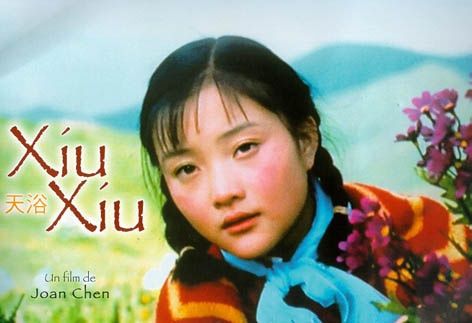
8. Crouching Tiger, Hidden Dragon (2000)
Li Mu Bai (Chow Yun Fat, last seen in Anna and the Lord) is a famous war-trained warrior who decides to go to a monastery to live a contemplative life. He visits his friend Yu Shu Lien (Michelle Yeoh), who now owns a security agency, and hands him his 400-year-old sword, Green Destiny, to be presented to the venerable Sir Te in Beijing. Of course, something valuable has been stolen. Yu Shu Lien correctly guesses that the culprit is Jen Yu (Zhang Ziyi), the noble daughter of a politician who longs for a life of pleasure. To achieve this, he associated himself with celebrity Jade Fox (Cheng Pei Pei), who, among other things, is responsible for the death of Li Mu Bai's King. Refusing to take the planned marriage seriously, Jen secretly deepens her love for Lo (Chang Chen), a desert gangster who caught her years ago.
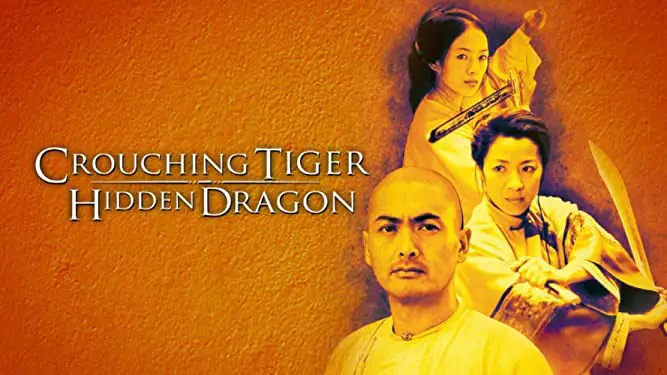
9. All About Women (2008)
Beijing's story focuses on three very different women: Fanfan is a research scientist who is passionate and not very successful; Tie Lung is a part-wannabe boxer, a rock star who worships the country's biggest singing star; Tang Lu is an evil officer who leaves a lot of men spitting everywhere he goes. The three set to play a significant role in the lives of others as Fanfan acquires a powerful pheromone that makes him resistant to the opposite sex, while Tie Lung and Tang Lu are involved after creation. 'All About Women' starts with color and verve, emphasizing more exposure in the first five minutes than in ten identical films. Each of the three heroines receives a powerful introduction in the same way and creates a spirit of anticipation that should follow. After two hours, all the tired and amazed women are trying to break down the speakers in your home theater kit, and only valium can take the limitation of the great embarrassment felt. And it is clear that Tsui Hark no longer has the power to end the film as he staggers to break one climax after another, seeking crescendo and constantly failing.
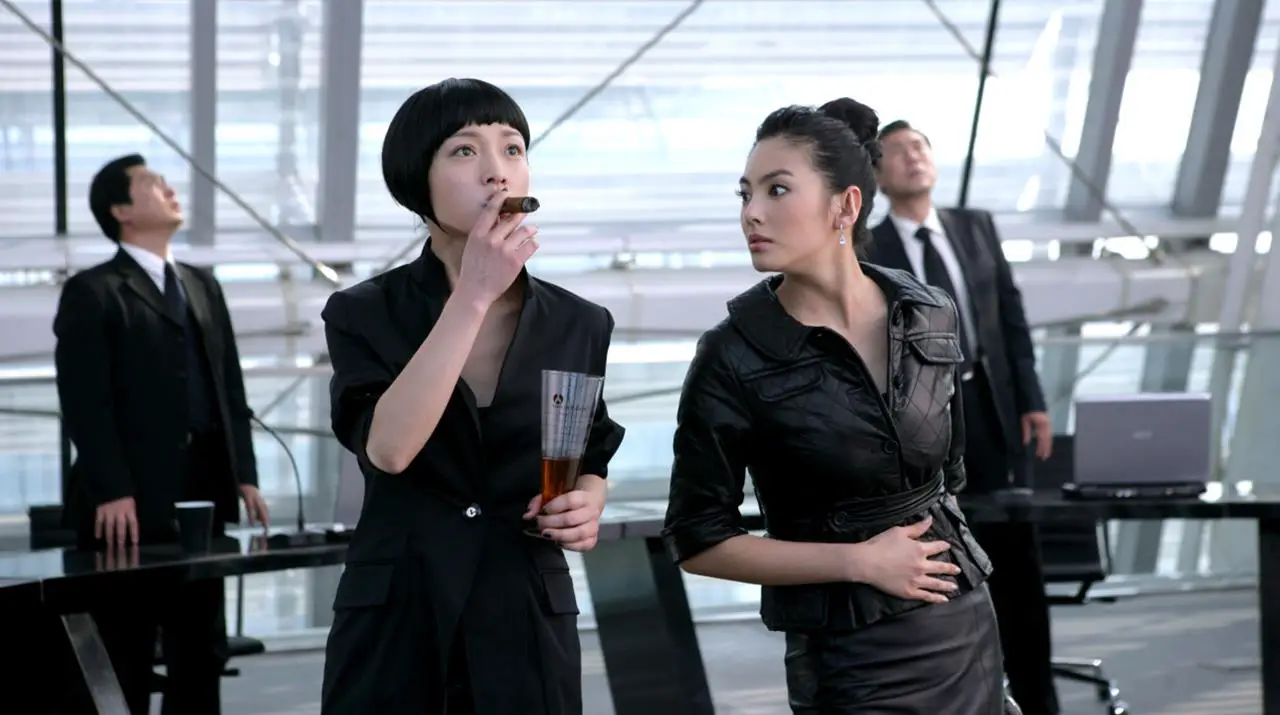
10. Soulmate (2016)
The story is about two girls who were best friends. They were more than friends, like sisters and sometimes almost lovers. They first met when they were only thirteen years of first-year high school. They clicked even though they were contradictory. They knew all about each other just words were useless sometimes. Qi Yue was shy and often protected and encouraged by An Sheng. An Sheng came from a low-income family and often lived in Qi Yue. As they grew older, they shared everything, including their crush. Jia Ming's appearance tested the friendship of Qi Yue and An Sheng to the limit. Next came the hesitant love triangle. Qi Yue loves him, and Su Jiaming loves Qi Yue, but he is also attracted to Ansheng. Ansheng loves Jia Ming too but loves Qi Yue very much. Will friendships last? It is an excellent movie, sometimes dark, beautiful, and fun. It has all the ingredients for a beautiful, moving watch. Completely compliment.



